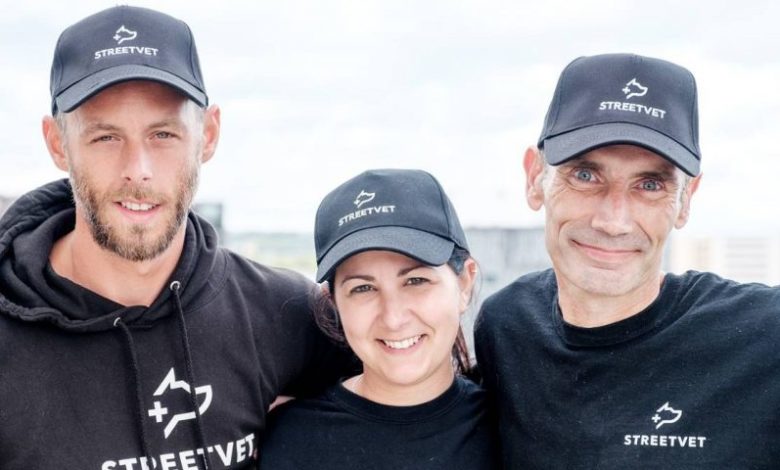What can vet chains struggling to recruit learn from StreetVet?

The past few years have seemed like a golden age for the veterinary sector with chains of clinics and hospitals multiplying fast and across borders. Investor enthusiasm to take advantage of the love pet owners have for their beloved animals has been rapacious.







